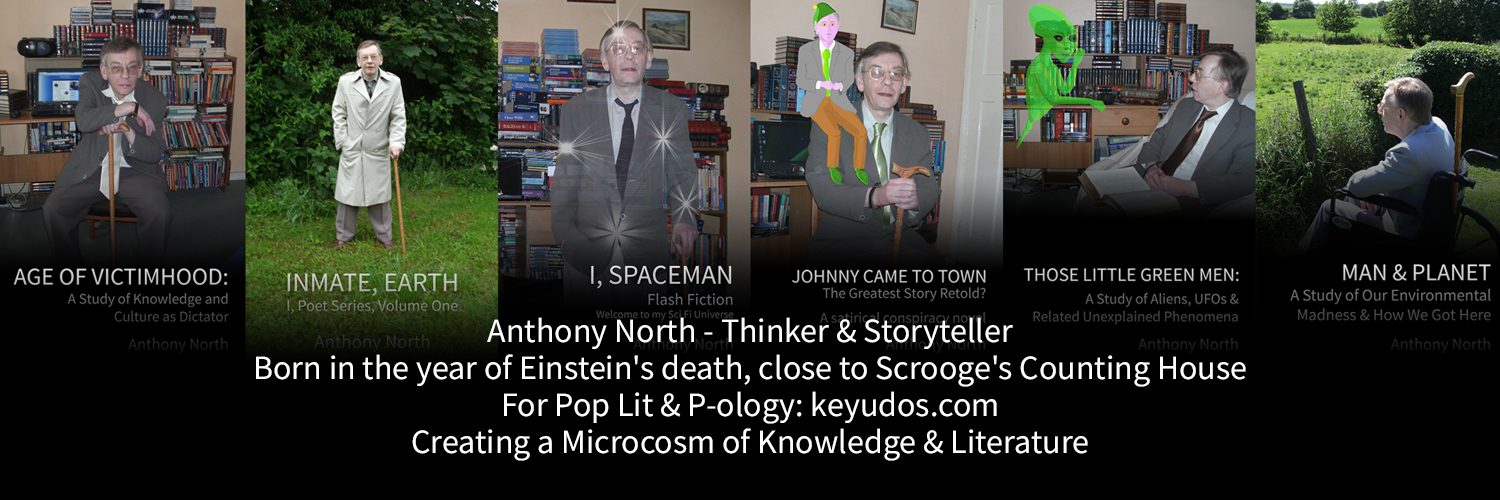
Let me make it clear from the start that I think most of our medicine is wonderful. We live in lucky times where medical science is increasing our life expectancy marvelously. But that doesn’t mean there are no problems.
One is the power of the pharmaceutical companies – not only to make vast profits, but also to steer research into too narrow a margin, and arguably missing out on less profitable, but equally important, areas of research.
We also have the natural pessimism of modern medicine. It makes you ill, whereas a more holistic, whole body approach alongside the conventional could add that boost of optimism so essential to fighting illness.
 MIND-SET
MIND-SET
You see, personal mind-set is so important. Infact, I’d say the biggest cause of death is unhappiness and worry – which brings us to preventative medicine and the health police. In many ways they are destroying us, taking away risk and, with the help of the media, turning us into hypochondriacs and fad dieters. Being healthy can sometimes be bad for you. As for me, I’m a big believer that nothing will kill you in moderation – unless you’re unlucky.
NEVER THE TWAIN …
To most medical practitioners, there are two major areas of medical understanding – the physical and the psychological – and rarely do the two areas meet. Yet it is quite obvious that there is a large amount of cross-over between the two.
For instance, there is a suspicion that there may be a psychological factor to cancer. Certainly stress – a psychological element – can play a big part in heart conditions. And it is well known that if you sit around moping when you have a cold, it will get worse. Where the two areas do meet is in what is known as the ‘placebo effect’.
In most illnesses, the placebo effect can have up to a 30% effect on the condition. But what do the doctors do about it? Accept that it exists. But even though they don’t know what causes the effect, they leave it at that.
 PSYCHO-PHYSICALITY
PSYCHO-PHYSICALITY
The most obvious avenue to follow in the physical/psychological realm is to note that chemicals in the body can have a great effect on health. Yet we know, for certain, that emotional states can regulate the prevalence, or not, of such chemicals.
The psychological factor of illness and disease has been ignored for too long. Indeed, I find it a strange quirk of the English language that if you put a hyphen in disease you end up with ‘dis-ease.’
There is a realm of illness I would call ‘psycho-physicality’, which branches out into most areas of health. And it is about time the medical profession began to take it seriously and study the true effects on mind upon the body. Until they do so, too many people will live a poor quality of life, and many may even be dying needlessly.
